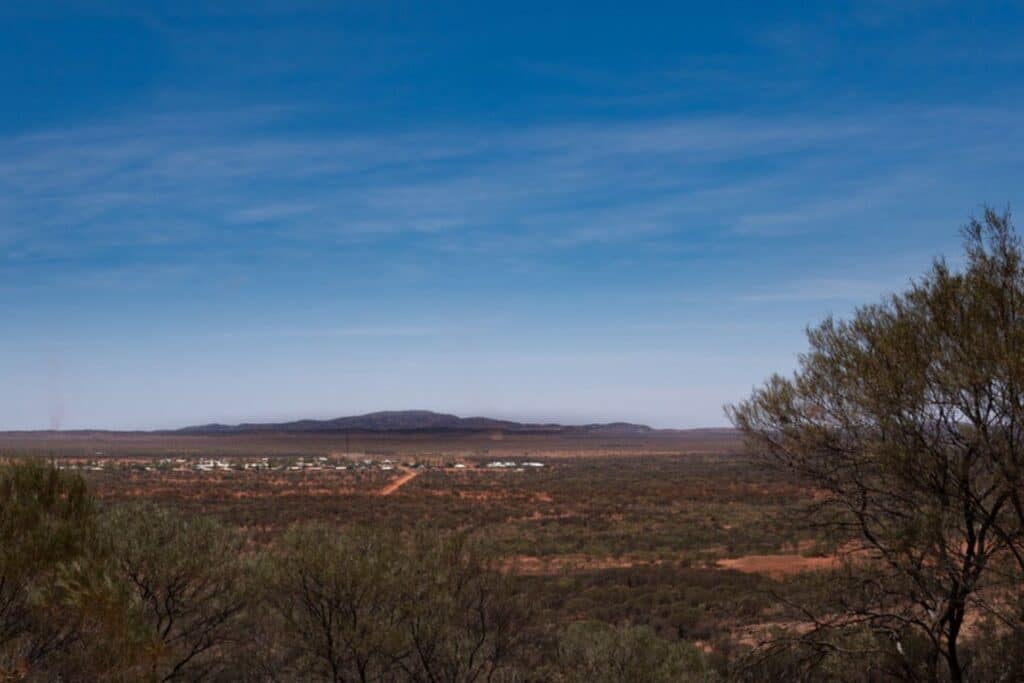Domestic and family violence support organisations have told a Senate inquiry of the extreme lack of funding for services operating in the Northern Territory.
The Senate committee commenced the inquiry on Thursday in Darwin, looking into the high rates of missing and murdered First Nations women and children in the territory.
The inquiry heard from several advocacy and legal organisations, including James Lowrey, principal legal officer at the North Australian Aboriginal Family Legal Service (NAAFLS).
He told the committee that out of the 49 regional and remote NT communities NAAFLS work in, just 19 had safe houses for women and children, two had programs targeted at men’s behaviours, and there was not a single family dispute service in any of the communities.
“It is pedestrian that we are here having an inquiry about these issues, and that we keep having so many inquiries and retraumatising victims and asking them to give evidence again, and again, and again,” Lowrey told the inquiry on Thursday.
The Senate committee also heard that the NT receives just 1.8 per cent of Australia’s domestic violence funding, despite having some of the worst domestic and family violence rates not just in the country, but around the world.
According to analysis from the Equity Institute, the number of domestic and family violence related assaults in the NT were three times higher than Australia’s national average. Domestic violence related deaths were seven times the national average.
Domestic violence funding in Australia is delivered on a population-based funding model, but Tangentyere Council anti-domestic violence campaigner Dr Chay Brown said the government needs to move towards needs-based funding due to the extraordinary disparity.
Dr Brown said services like domestic violence support hotlines are simply not enough for regional and remote communities in the NT.
“We are talking about communities that don’t have phone network coverage, communities that don’t have sealed roads, there’s no public transport, there’s no services on the ground and those that do have services, those services are just drastically underfunded,” Dr Brown told the Senate committee.
The Senate inquiry commenced following a 2022 ABC Four Corners investigation that looked into the deaths of First Nations women. The inquiry also comes after a coronial inquest that recently investigated the deaths of four Indigenous women in the NT. These women were killed by their partners.
What’s the solution?
James Lowrey from NAAFLS identified four “base-level areas” that are required to address the dire situation of domestic and family violence in the NT.
Lowrey said safe houses are a must in every community, especially in remote and regional communities. He also said Indigenous language interpreters should be available for victims.
There are zero family dispute resolution services in the regional and remote communities the NAAFLS works at, and Lowrey identified this as one of the “base-level areas” to address.
Finally, the lack of men’s behaviour programs, delivered by and for Indigenous men, must be considered and addressed.


